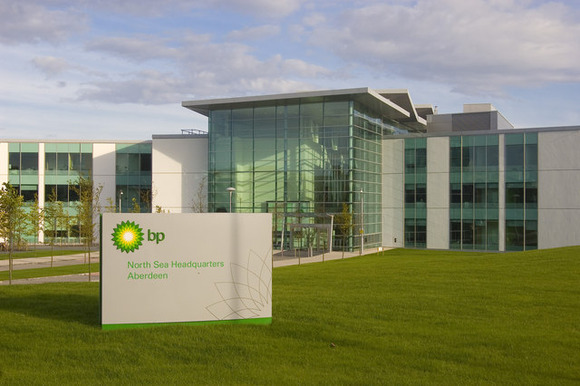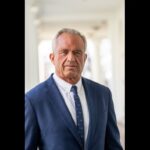BP has vowed to “do better” in developing and monetising its oil and gas assets, as the energy giant shifts focus away from renewable energy and refocuses on fossil fuel production.
In comments made by CEO Murray Auchincloss, BP indicated it would undertake a comprehensive review of its oil and gas operations, with a particular emphasis on identifying cost-cutting opportunities that could enhance shareholder returns. The pledge follows BP’s announcement of its largest oil and gas discovery of the century off the coast of Brazil, a move that signals a renewed commitment to its fossil fuel operations.
This latest shift comes as BP faces continued investor pressure over its underperformance relative to rivals in recent years. Back in February, BP made a significant move by scaling back its renewable energy investments and earmarking billions more annually for its oil and gas business in a bid to restore investor confidence.
In an update on Tuesday, Auchincloss confirmed that BP would conduct a “thorough review” of its business strategies to ensure the company was maximising value for shareholders. He added that BP was also initiating further cost reviews. “BP can and will do better for its investors,” he stated.
The comments follow BP’s recent revelation of a major oil and gas discovery in the deep waters off Brazil’s east coast. This find, described by BP executive Gordon Birrell as the company’s largest discovery in 25 years, could play a pivotal role in BP’s strategy to ramp up its crude oil production. The discovery, made in the Bumerangue block in the Santos Basin, spans a 300-square-kilometre area and is located 250 miles (400 km) off the Brazilian coast.
This discovery marks BP’s biggest find since its Shah Deniz gas field in the Caspian Sea in 1999, adding to the company’s series of recent energy discoveries, including those in the Gulf of Mexico (referred to as the Gulf of America by the Trump administration) and Egypt. “This is another success in what has been an exceptional year for our exploration team,” said Birrell, BP’s executive vice president for production and operations.
BP’s efforts to transition into a “net zero” energy company have been beset by challenges since the initiative was launched five years ago. The company suffered a $5.7bn loss in 2020 due to the economic fallout from the Covid-19 pandemic and faced a further $25bn hit in 2022 from writing off a stake in its Russian business following the outbreak of the Ukraine war.
However, on Tuesday, BP revealed better-than-expected second-quarter results for 2025. While underlying replacement cost profits dipped 15% year-on-year to $2.4bn, this was still an improvement over the $1.8bn analysts had predicted and marked an uptick from the first quarter of the year.
Derren Nathan, head of equity research at Hargreaves Lansdown, attributed the positive results to a “slick turnaround plan” that helped boost BP’s performance despite lower oil and gas prices. He highlighted factors such as increased production and a greater focus on exploration and development, which culminated in the announcement of the Bumerangue discovery.
BP’s share price has struggled in recent years as the company invested heavily in renewable energy, while rival companies benefited from soaring oil and gas prices in the wake of Russia’s invasion of Ukraine. In response to these challenges, BP announced last month that Albert Manifold would replace Helge Lund as the company’s chair. Lund had previously announced his decision to step down in April, just two months after BP revealed its decision to scale back its renewable energy investments and place more emphasis on boosting oil and gas production.
This restructuring within BP highlights the growing investor demand for a shift back to traditional energy sources, as the company works to strengthen its market position and regain investor trust.






